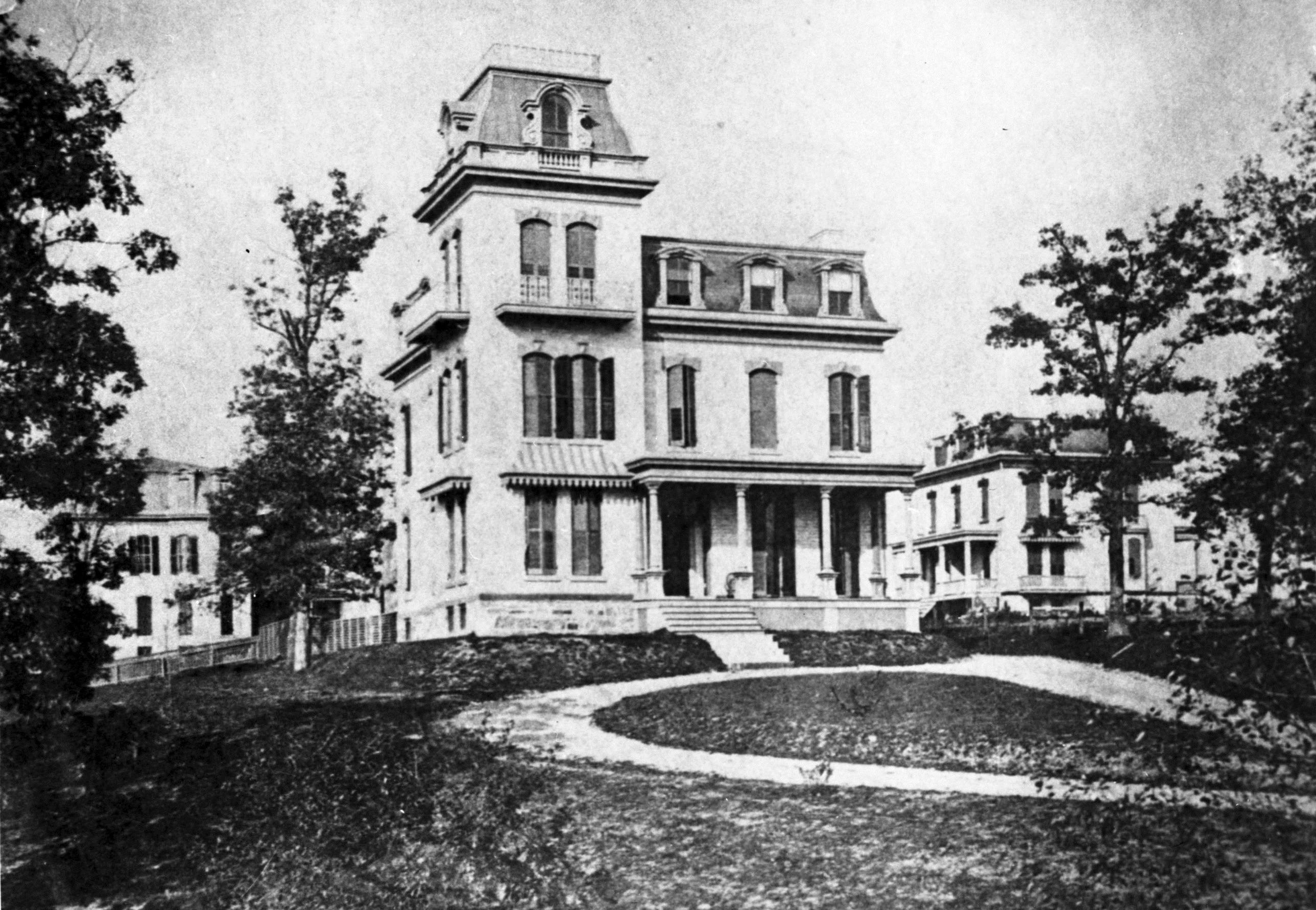Howard University may be in our backyard, but there is a little known history that even graduates weren’t taught.
WUSA9’s Lesli Foster dug deeper into the history and legacy of the 150-year-old university.
A grand experiment started on one of the highest hills in Washington, D.C. 150 years ago: The civil war had ended and the country was left with no blueprint for how a new society would take form. But some brave visionaries, who fought in the war, decided to champion a new cause and founded Howard University.
The home of Army General Oliver Otis Howard is one of the last original buildings still standing on the campus that bears his name.
“It represents a kind of heroism that we don’t very often recognize or think about,” Historian Dr. Michael Winston explained.
Army General Howard lost an arm in America’s deadliest war. Although the war helped free four million slaves, where would they go next?
Winston said General Howard and the other founders saw radical social change as the only salvation for a wounded nation.
"The people who founded Howard believed that this free society had to be one characterized by equality… That those former slaves were going to get the same education that those white men who founded Howard had."
Winston explained that 750,000 Americans lost their lives in the war. The founders wanted to make that worth something.
“It would be a mockery of all the devastation and death to go back to the society that existed before the civil war,” Winston stated.
Women were admitted to the university and attended Howard's medical and law schools. It was the first school in the District of Columbia that allowed women to have that specialized education. In addition, Howard was the first in the nation to offer schooling on campus for grades K through 12.
The classes showcased what access could look like in a more perfect union: with African-American, Caucasian, Native Americans and Chinese students learning together. Equality also meant equality in housing at Howard University. Everybody, no matter skin color or culture was living side by side.
“One of the remarkable things about the institution was that this was a place where people could be treated as individuals," Winston added.
Howard's property went from Howard Place all the way down to W Street. General Howard set aside one part of the land for the university and the other for building lots to create the integrated community.
Equal rights and knowledge for all became the original seal. Children of all cultures were going to school together.
But the end of reconstruction changed everything and the reverberations of an ambitious goal for the country were postponed. Still, Howard forged ahead – and today it’s still relevant in our evolving American society.
"I think some of the division and polarity actually presents opportunity for a university, like Howard University,” Winston elaborated.
President Wayne Frederick, a three-time graduate of Howard said the university is providing a safe space for tough national conversations that can lead to solutions. Conversations around immigration, diversity and the value of Howard experience to the world. But it needs resources to continue the fight.
“Because of our rich history in bringing so many different cultures and people together - we have a significant advantage in this global community," Frederick said.
“I love that we just keep growing. And I love that I get to be a part of it,” a student in a biology class said.
“Gaining the education to be able to go back and help honestly, that’s rewarding to me,” student Ashley Holt stated.
Service and giving back is also part of the fabric of the university. Much like the notion of equality for all, it’s a goal that is still a work in progress.
"This is an idea that still has not come to its full fruition in 2017...A great deal of work has to be done but it happens every day on this hill,” Dr. Winston said.
Howard University will celebrate its charter day later this week.
Some other highlights from Howard's history:
- One of the founders wrote the bill that abolished slavery in D.C.
- Among its most poignant contributions to the country was the creation of the Freedman’s Bureau.
- It created schools across the nation, arranged medical care and negotiated work contracts for free slaves.
Today's fight is now about resources to fulfill Howard's mission of equal access to knowledge for all. Many Howard students cannot afford to fund their dreams. President Frederick is urging alums to help support the university so that other bright students can have the opportunity to make important contributions to their communities and the world.


